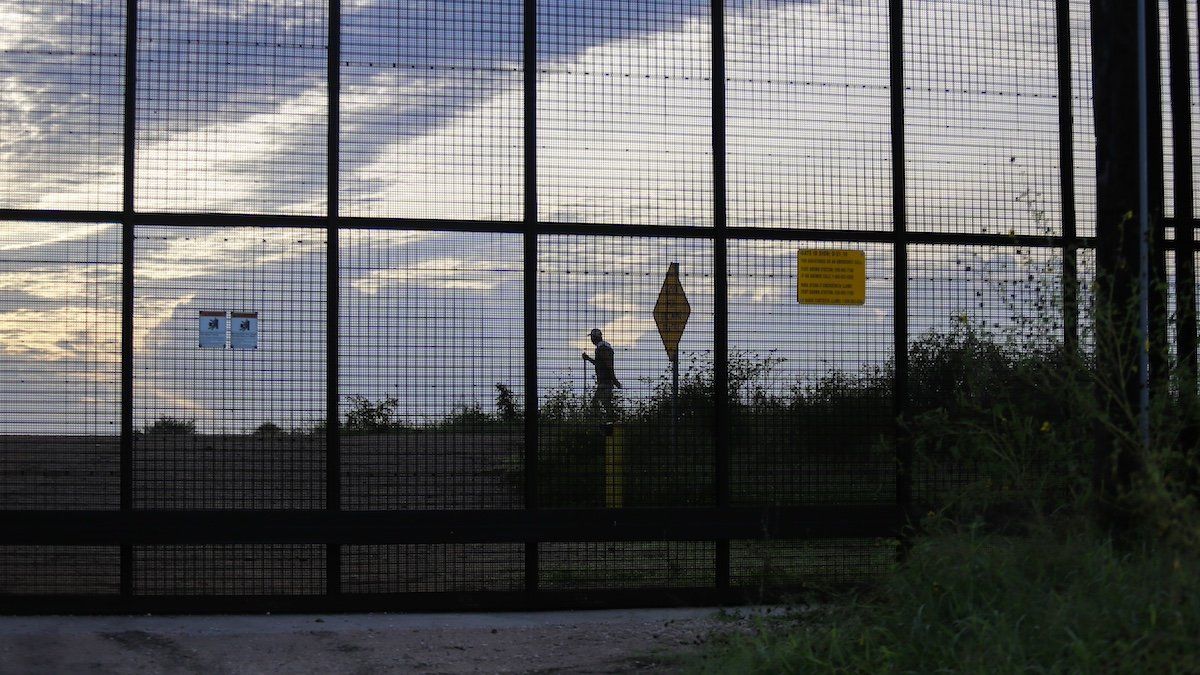Federal courts played a game of injunction ping-pong this week with Texas’ controversial new immigration law known as SB4, which would dramatically expand the Lone Star State’s power at the border. The law would allow Texas police to detain people suspected of entering the US illegally and enable Texas judges to deport them – powers that have traditionally fallen under federal jurisdiction.
The law briefly came into effect Tuesday after the US Supreme Court declined an emergency application from the Biden administration arguing it violated federal authority. Within hours, the 5th Circuit Court of Appeals reinstated an injunction on enforcement, and on Wednesday that court heard arguments on the constitutionality of the law – one step in a process that could take the case back to SCOTUS.
The key question is whether states may write their own immigration laws even if they conflict with existing federal law, according to Eurasia Group analyst Noah Daponte-Smith.
“If the court ruled the entire law constitutional, that may open the door to conflictual federal and state immigration policies and would raise big questions about enforcement,” he says.
And Texas is finding it takes two to tango in foreign relations. Mexico’s Ministry of Foreign Affairs made clear it does not recognize Texas’ own border policy and will not accept any attempted repatriations from state authorities.